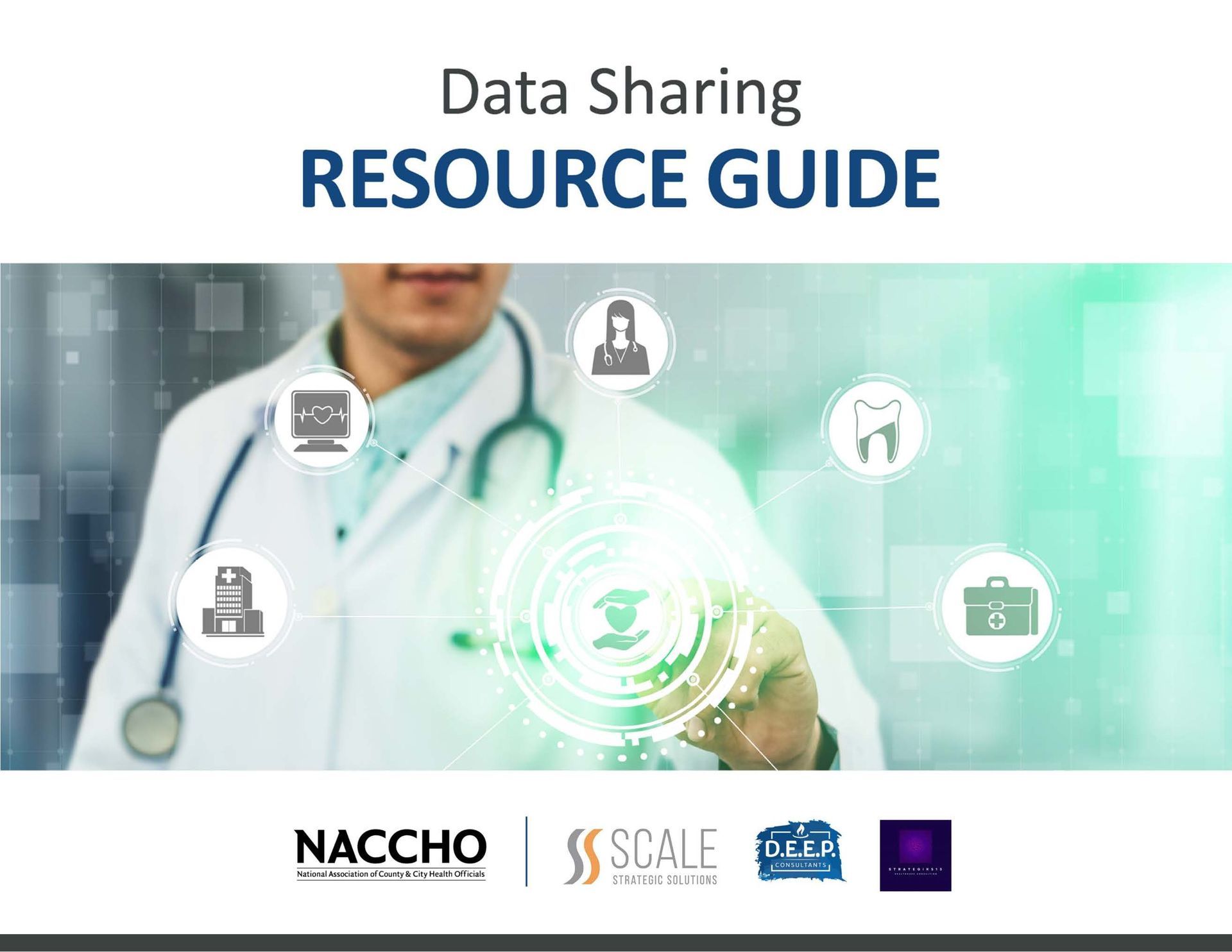Making Good Things Happen
Is AI For Us? What We Are Learning

There is a lot of buzz around artificial intelligence (AI) and large corporate leadership in the field, but what does AI mean for small firms like Scale Strategic Solutions? Scale Strategic Solutions is exploring AI in a two-part blog to finish 2023. In this first post we will share what we are learning about artificial intelligence. In December we will discuss how Scale is considering the use of AI.
Small firms like ours are interacting with AI every day in suggested email responses, customer service chatbots, and summary features for online meetings. How can we use it more? Where should we be cautious about using it? Before we determined what Scale Strategic Solutions can and should do with artificial intelligence, we wanted to explore how it works.
What is AI?
McKinsey & Company define AI as “a machine’s ability to perform the cognitive functions we associate with human minds, such as perceiving, reasoning, learning, interacting with an environment, problem solving, and even exercising creativity.” Currently, artificial intelligence is a type of software that can imitate certain types of human intelligence based on certain data and algorithms (weak AI). It can be programed to understand written language, see patterns in data, solve problems, create images, be a virtual assistant, etc. However, these are usually separate AI systems, they rarely can adapt to complex environments. These AIs need to be trained on a specific task and at the moment lack the ability to understand certain types of complexity (strong AI).
The Process of Making AI
To make an AI program, you first define a problem. Let’s say you want to identify apples.
Then you gather and clean data relevant to your problem, In his case, these are characteristics of apples like shape, size, and color.
Next, you create an algorithm. You define what an apple is. For example, an algorithm could be: “If object is red, round with round protrusions at the top and bottom, and not bigger than an adult hand it is an apple.”
Then you train the AI. This can be done manually by telling it which of two pictures shown is an apple (Supervised Training). It can also be done automatically by giving the AI a lot of data and letting it learn on its own through pattern recognition (Unsupervised Training).
Finally, you launch the AI to the users taking into considerations things like user interface design so that it can be used by your target user. For example, there are AI models that require some coding or ChatGPT which you can use through simple text prompts.
With this understanding, we can consider the opportunities and limitations of using existing artificial intelligence apps and functions as well as developing and training artificial intelligence systems internally. Yet, the question remains, where do we still need human intelligence?
Artificial Intelligence and Human Intelligence
AI is software trained to do a specific task, so it is trained with a specific type of intelligence. Humans, however, have the intelligence to understand and solve very complex problems that to us may seem like routine interactions. For example, having an intimate and personal conversation about complex and conflicting emotions. Our self-awareness, emotional intelligence, creativity, logic, and reasoning allow us to adapt to multiple scenarios. Based on the current iterations of AI, it would be very easy to use it to help us refine an interview protocol but very limited in successfully interviewing study participants on complex social matters.
Humans can learn from our past mistakes, change our behavior, and learn through our environment. We can adapt to new cultures and accept different ways of thinking. We learn without someone telling us to learn. Humans are very good at behavioral pattern recognition and repetition. For example, faking a laugh at a terrible joke your in-law made.
For AI today, a lot of these tasks are simply impossible because they require a human to train them on a certain set of data that is currently unavailable. Furthermore, for many of the tasks that humans can do, it requires years and years of contextual qualitative data, which AI simply doesn’t have the physical capacity to acquire and process authentically. There are various artificial intelligence tools, but they are very task specific:
· Siri: Serves as virtual assistant that can help with a variety of tasks.
· AlphaFold: Predicts a protein’s structure which would help with the development of drugs.
· Spotify: Suggests new music based on the structure and genre of the music to which you have listened.
· Chat GPT: Responds to user’s questions and requests with summaries, draft language, code, and other forms of answers, depending on the extensions enabled.
· DALL-E: Generates images that can look like photographs or paintings of human artists.
Though there are many AI programs, there is no one AI that can do all these tasks. Nor can AI show humanity, like being a friend to someone. The efficiency of AI on specific tasks can be a great resource in a time-intensive service business but limited in bringing the human capabilities required in consulting. So how do we strike a balance? In our next blog, we will share how Scale Strategic Solutions will go about establishing our internal policy and practices for the use of artificial intelligence.











